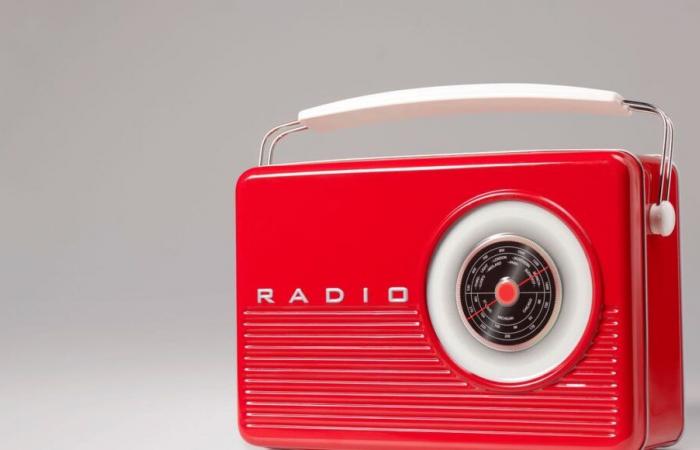But this success of Maison Ronde should not mask another reality: radio no longer works as it used to. To put it in one sentence, the French listen to the radio much less than before, and the fact that the radio is replaced by smartphones (smart phones) does not change anything.
I’ll give you the figures, they are spectacular. In the 1970s, 90% of French people listened to their transistor radio. In the 1980s, they were 80%. In the 2000s, the figure fell to 75%, and for the last wave (as we say in the jargon), only 72% of French people listen to their favorite station, whether on their smartphone or their car radio. So we went from 90% radio listening to 72%. This is already a severe drop, but at the same time, listening time has been halved: we have gone from three hours a day to an hour and a half.
This figure is both worrying and exciting. Fascinating, because the decline of radio began in the 1970s; it is therefore not attributable to the Internet, even if it is probably linked to the image, to the rise in power of image over sound. “Video killed the radio star”, so it was true. Furthermore, listening to podcasts, which has exploded, obviously does not counterbalance the crumbling of the radio medium.
In reality, different causes produce similar results. The media mark an era, like the newspaper, which is infinitely less read than before, or like the television audience, which is eroding. Times are changing, and that goes for the media too. This of course depends on lifestyle habits, and therefore, in this case, listening habits, but it also refers to something deeper. As Marshall McLuhan, the prophet of the media, said, there is a history of the media which refers to and coincides with history itself. The newspaper was born in the 18th century; it is disappearing to make way for something else. The radio follows a different trajectory, but the slope is steep. We will still be together for this morning, but one day, x-rays could well rhyme with archeology.
A connected world Listen later
Lecture listen 3 min






